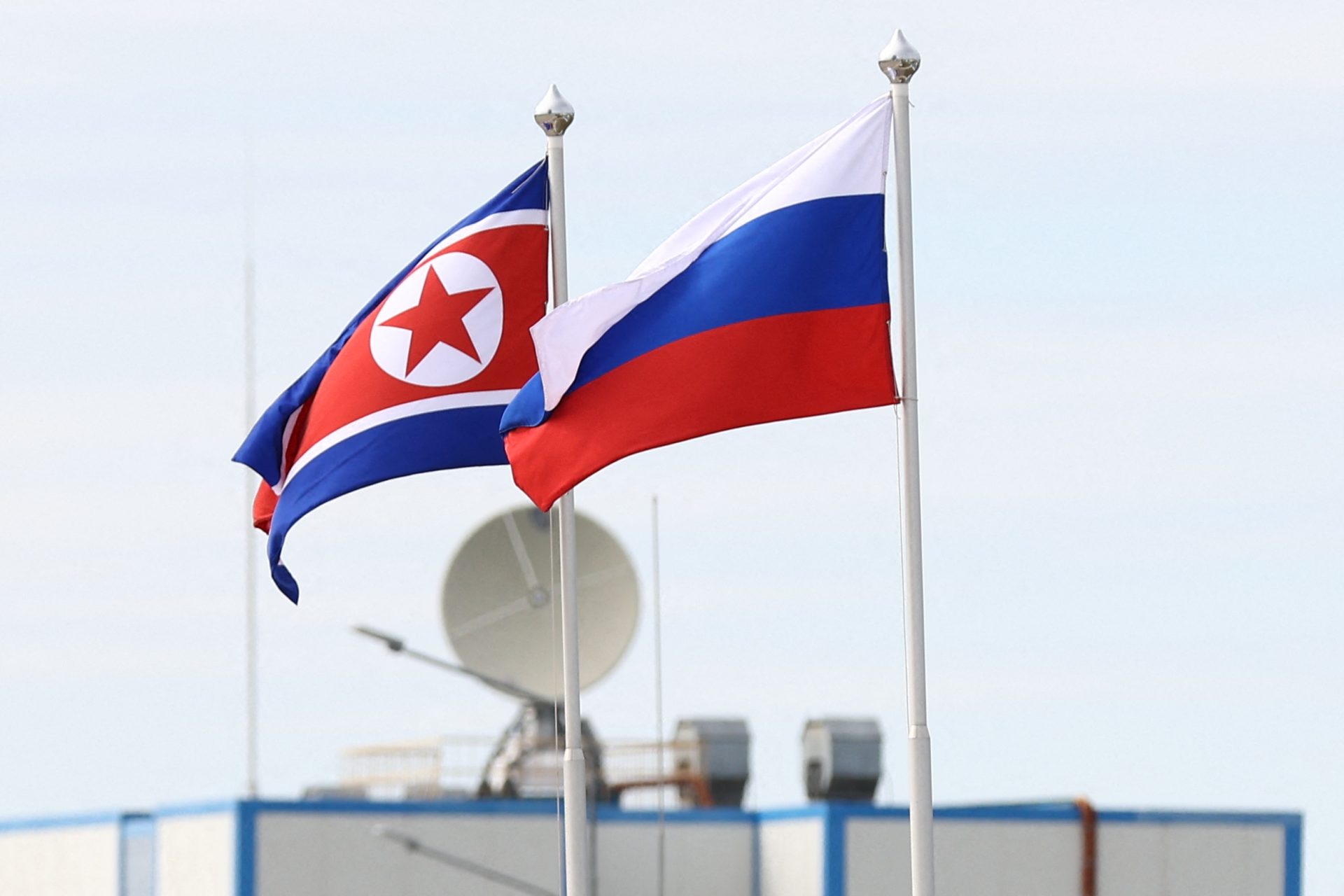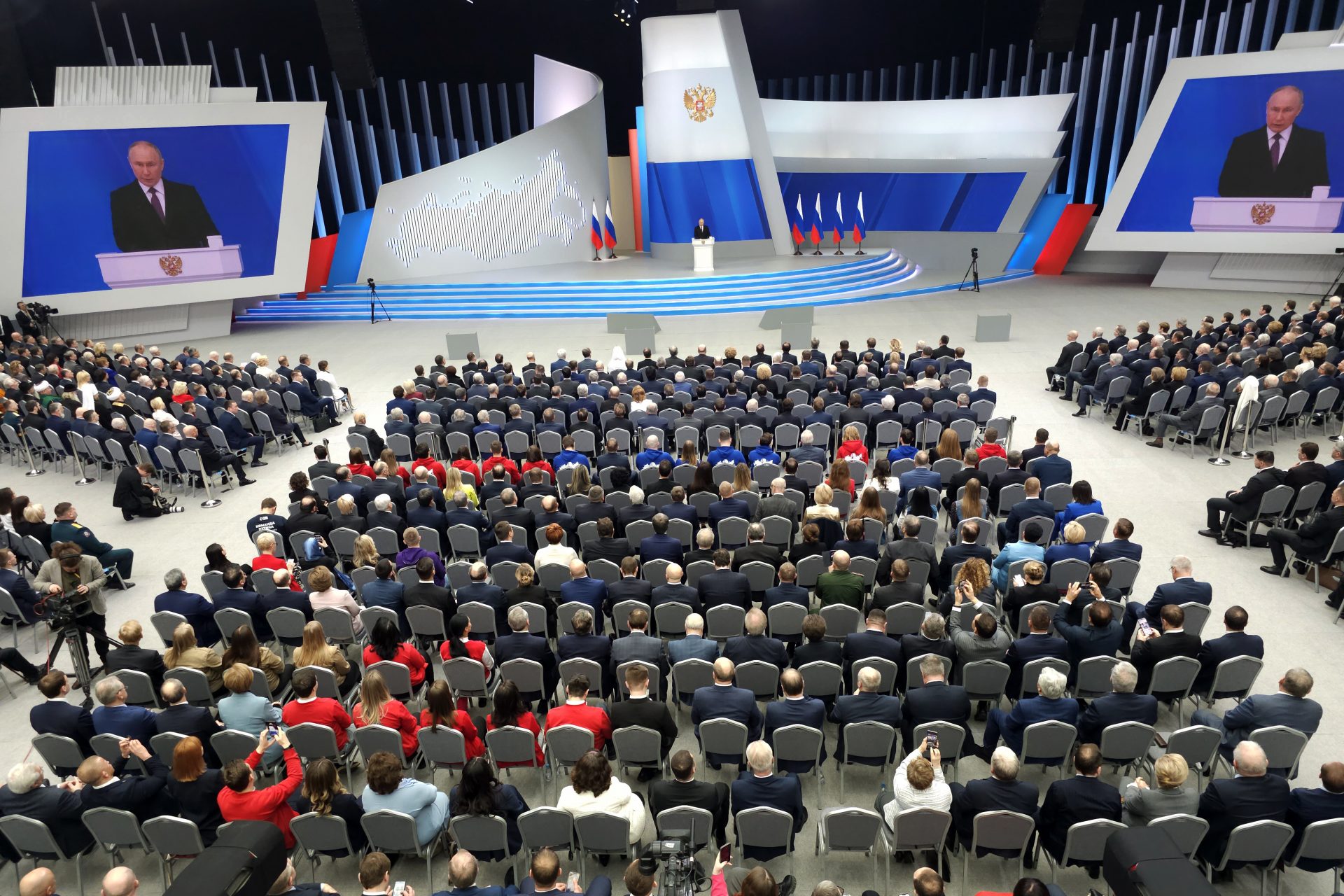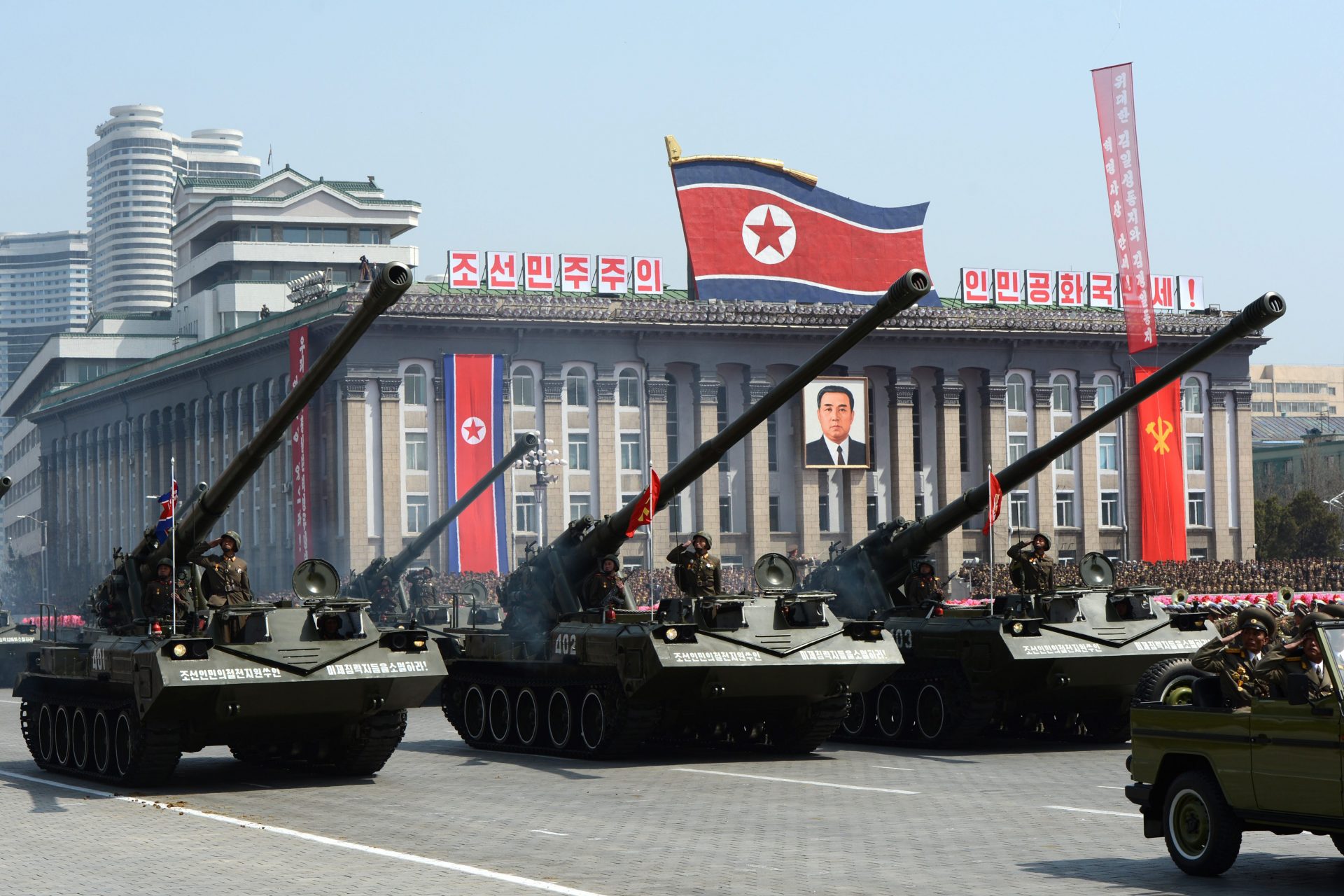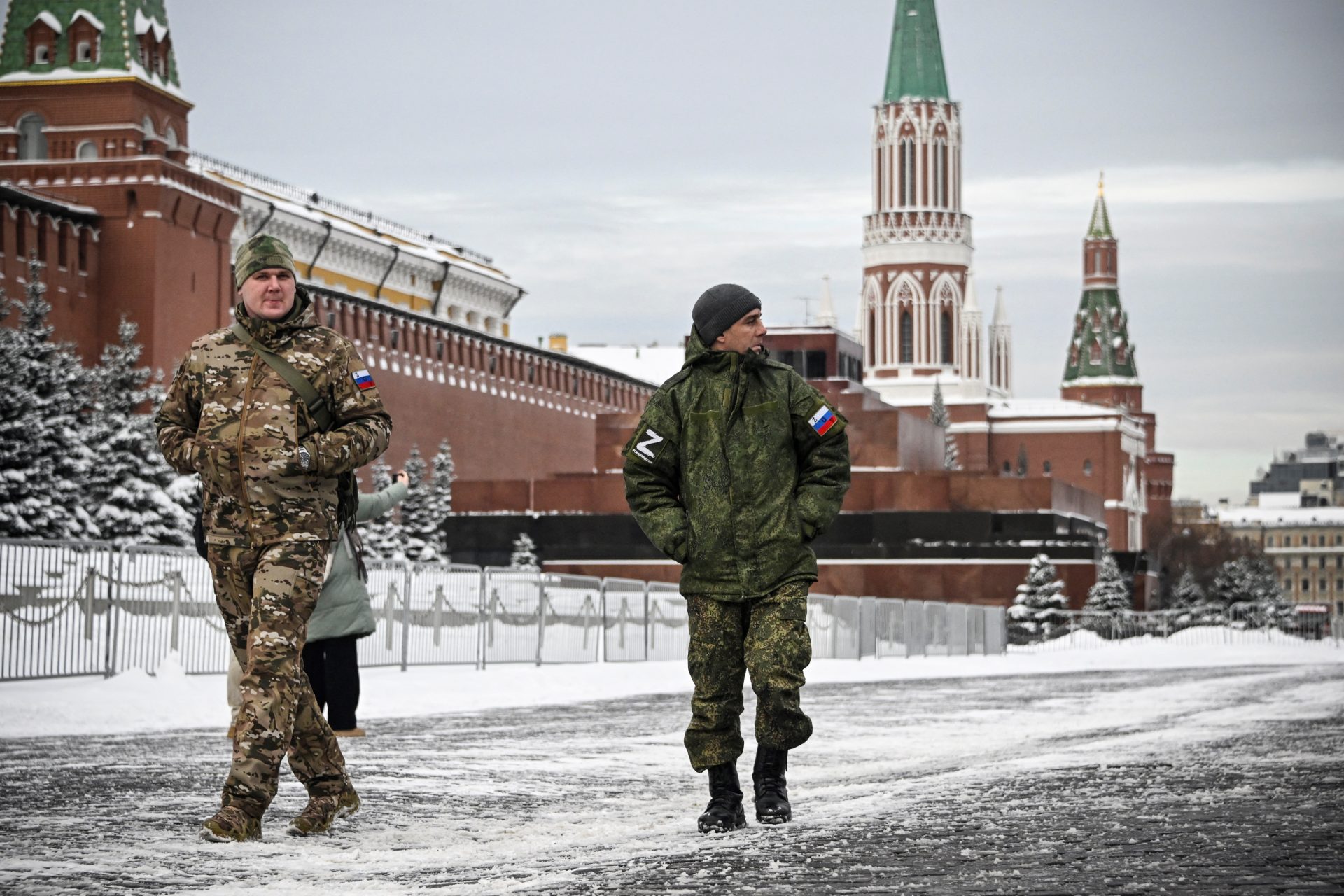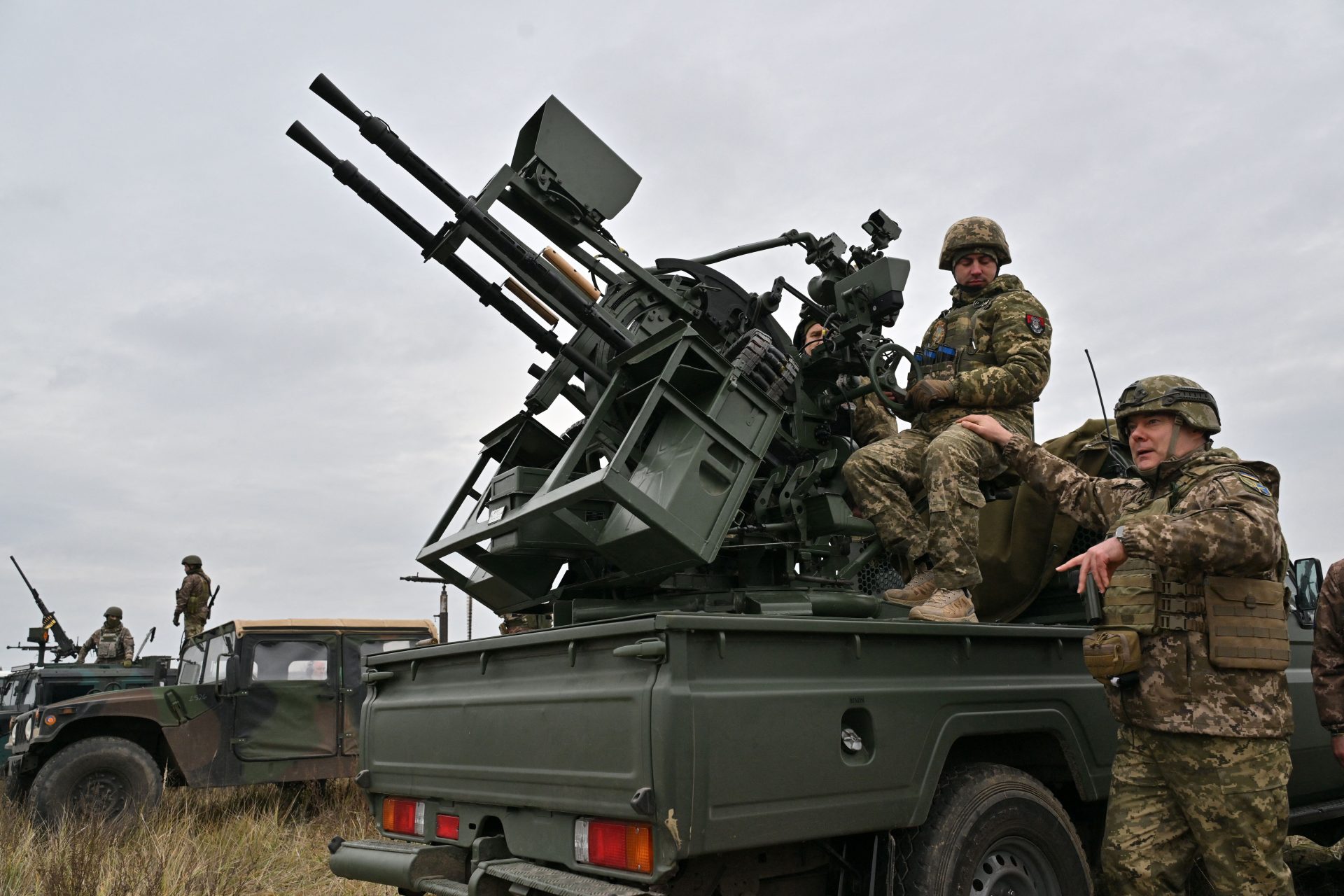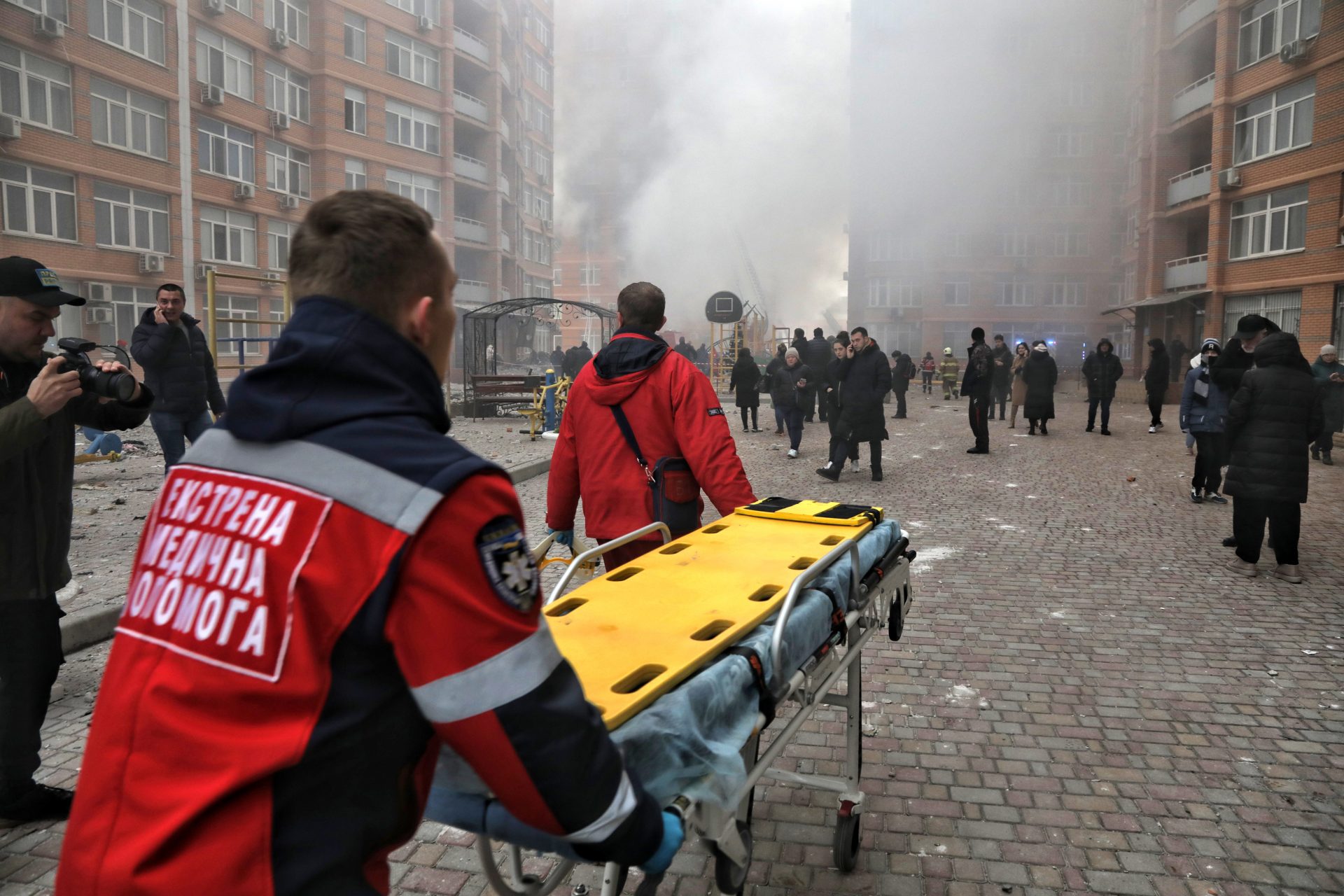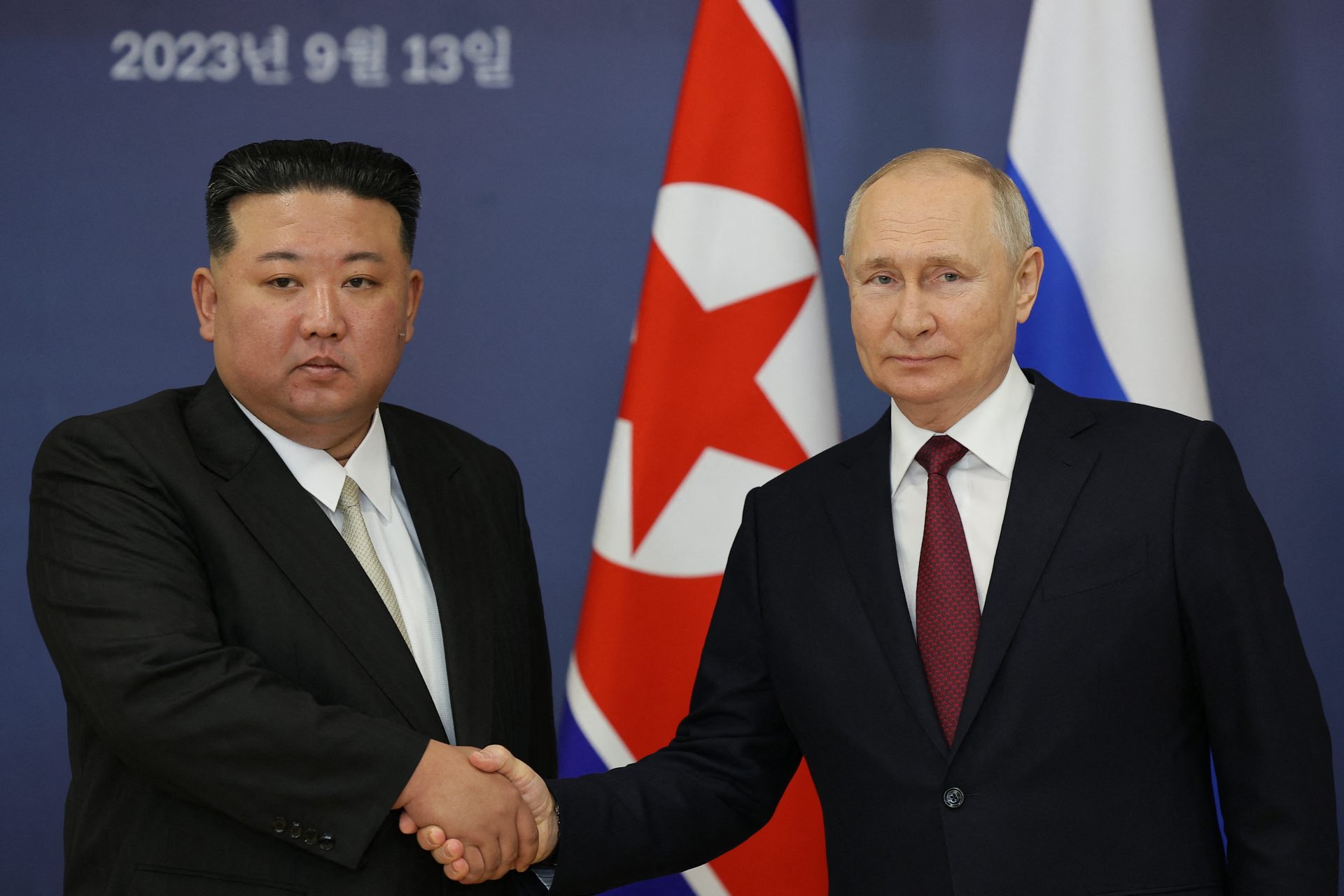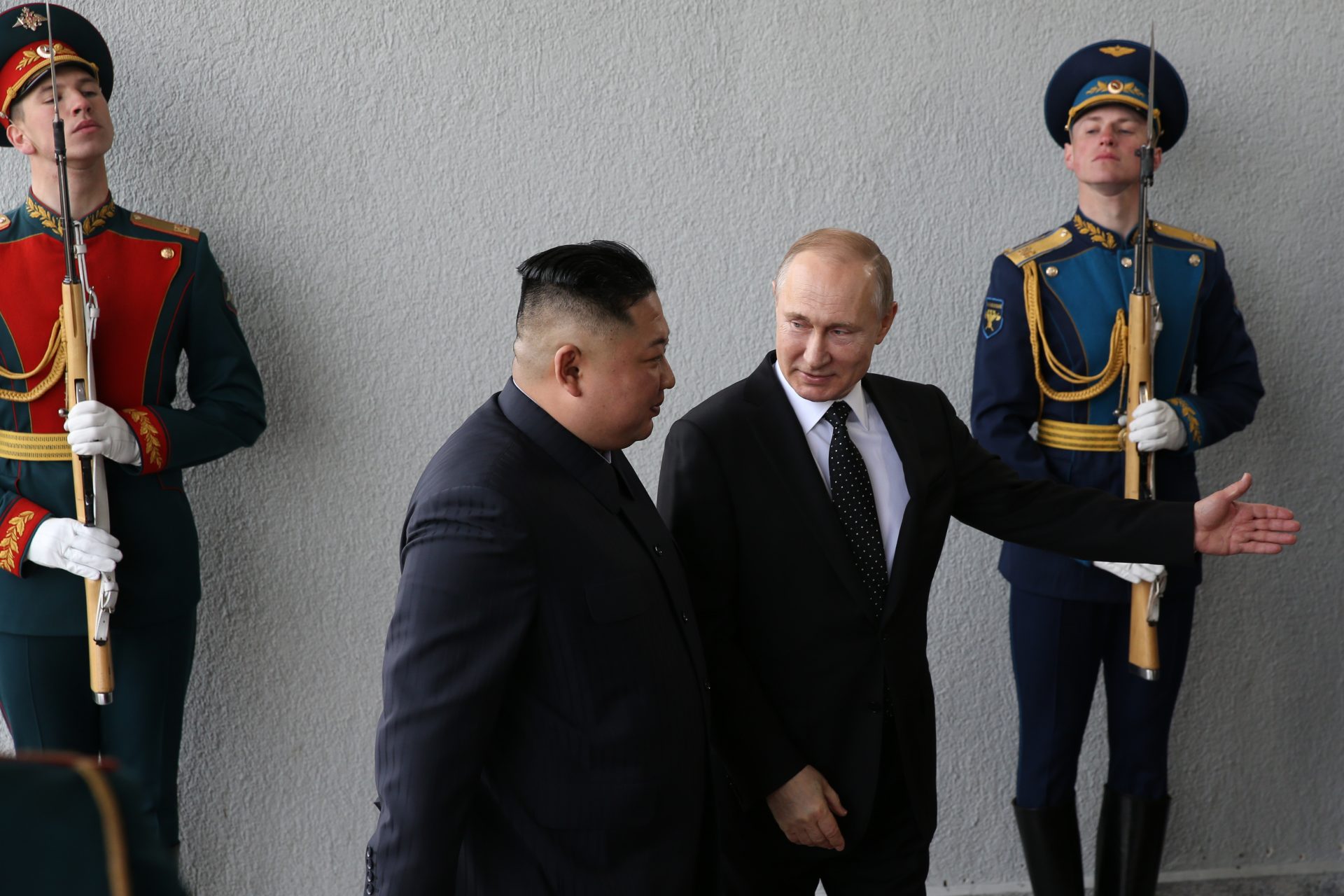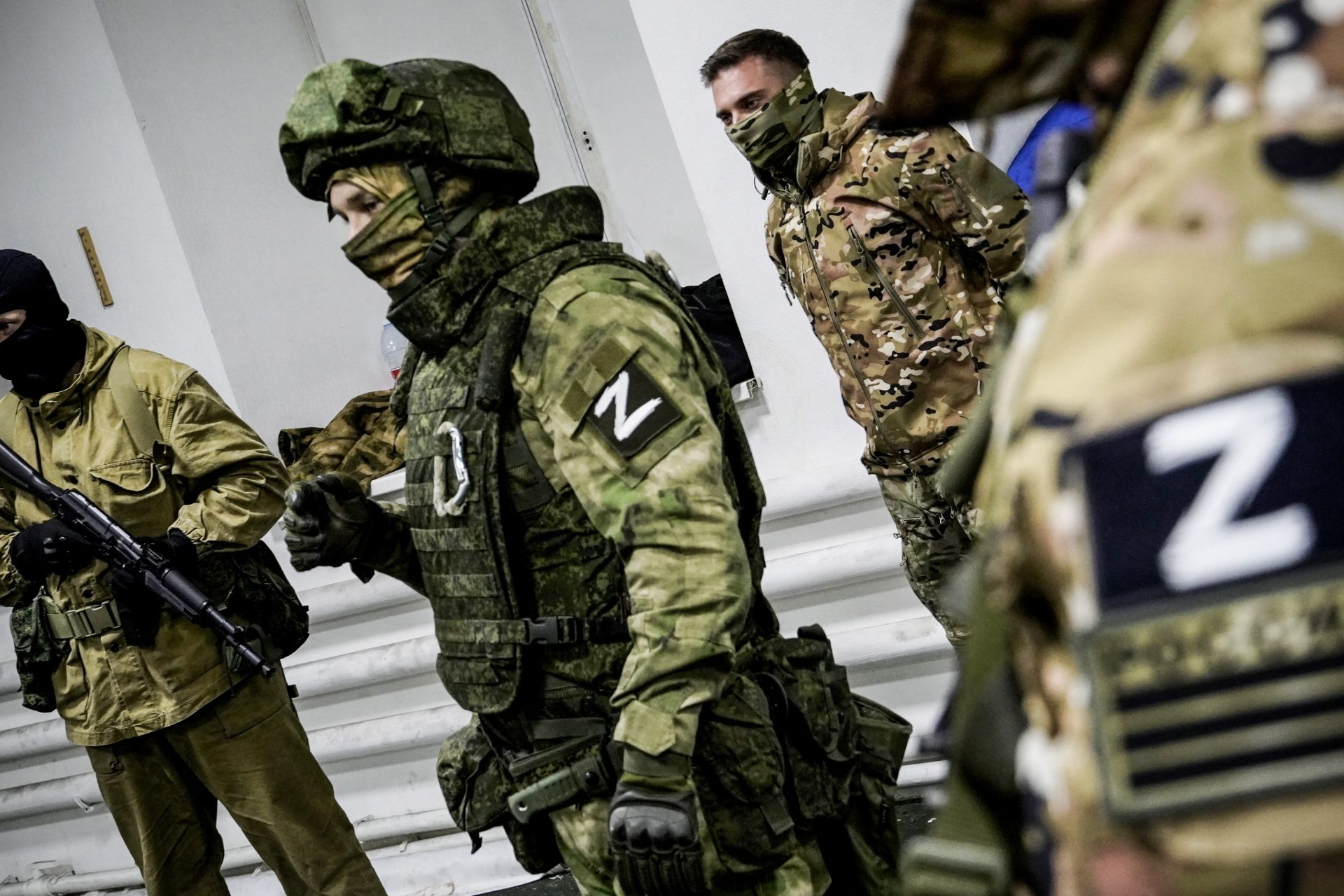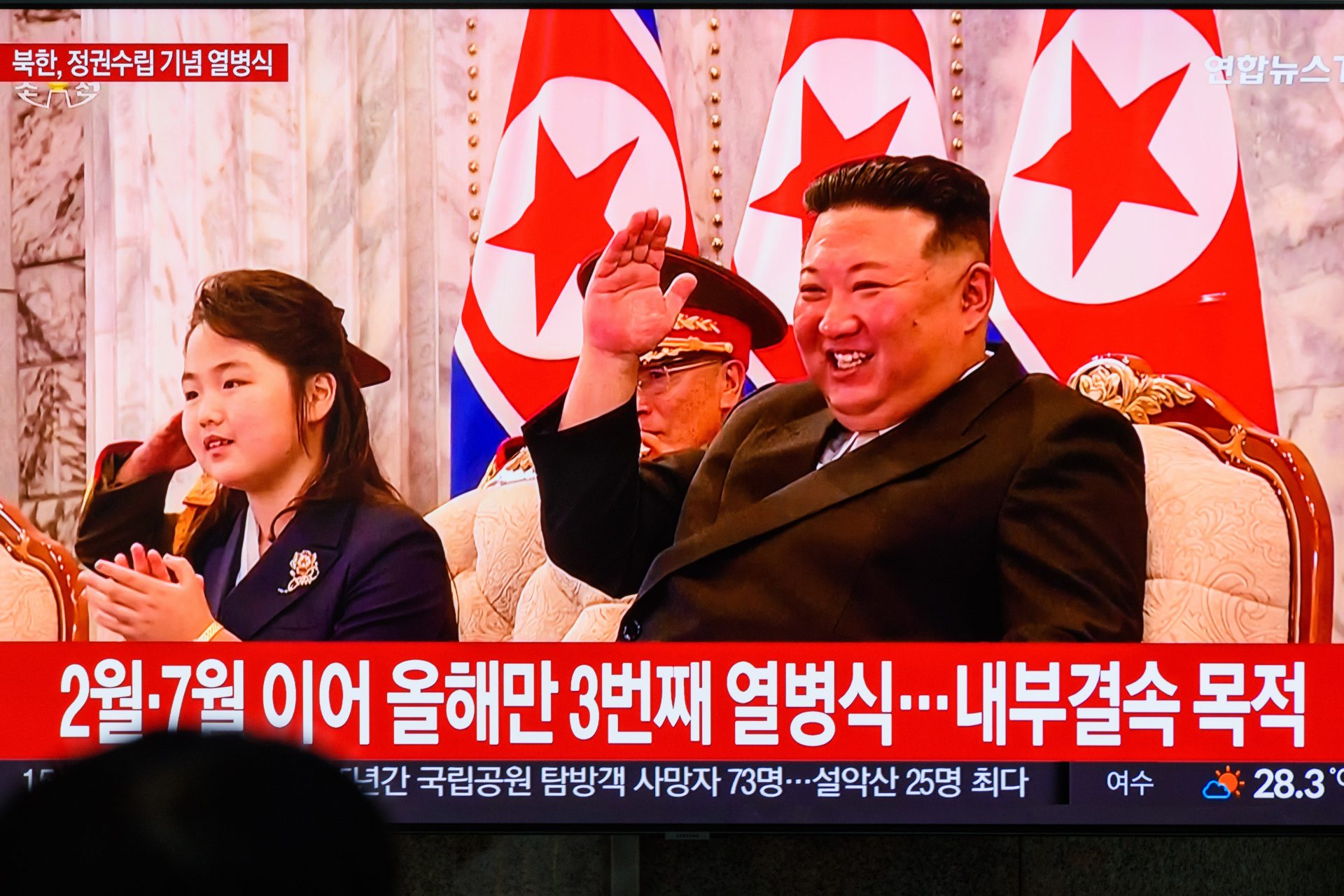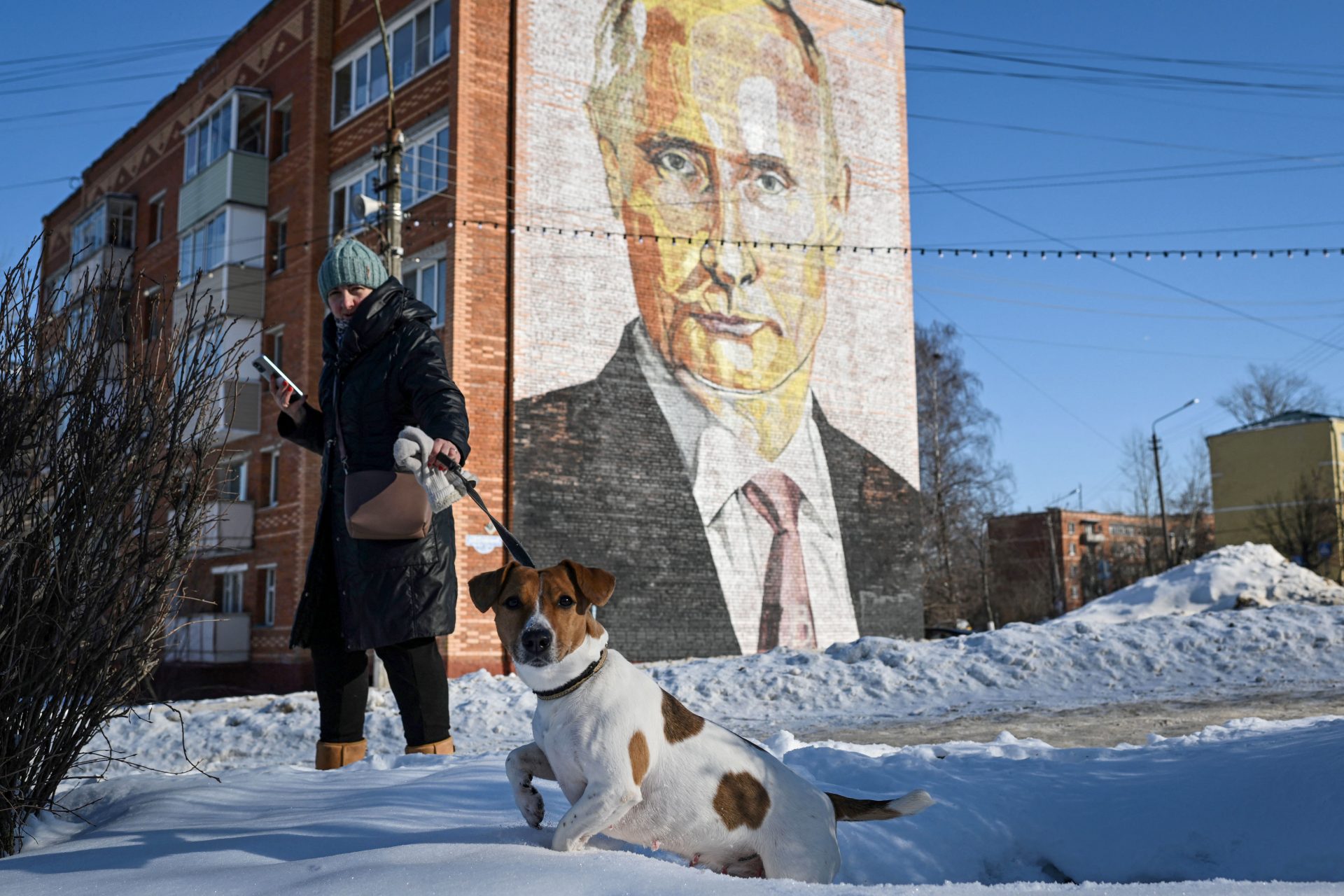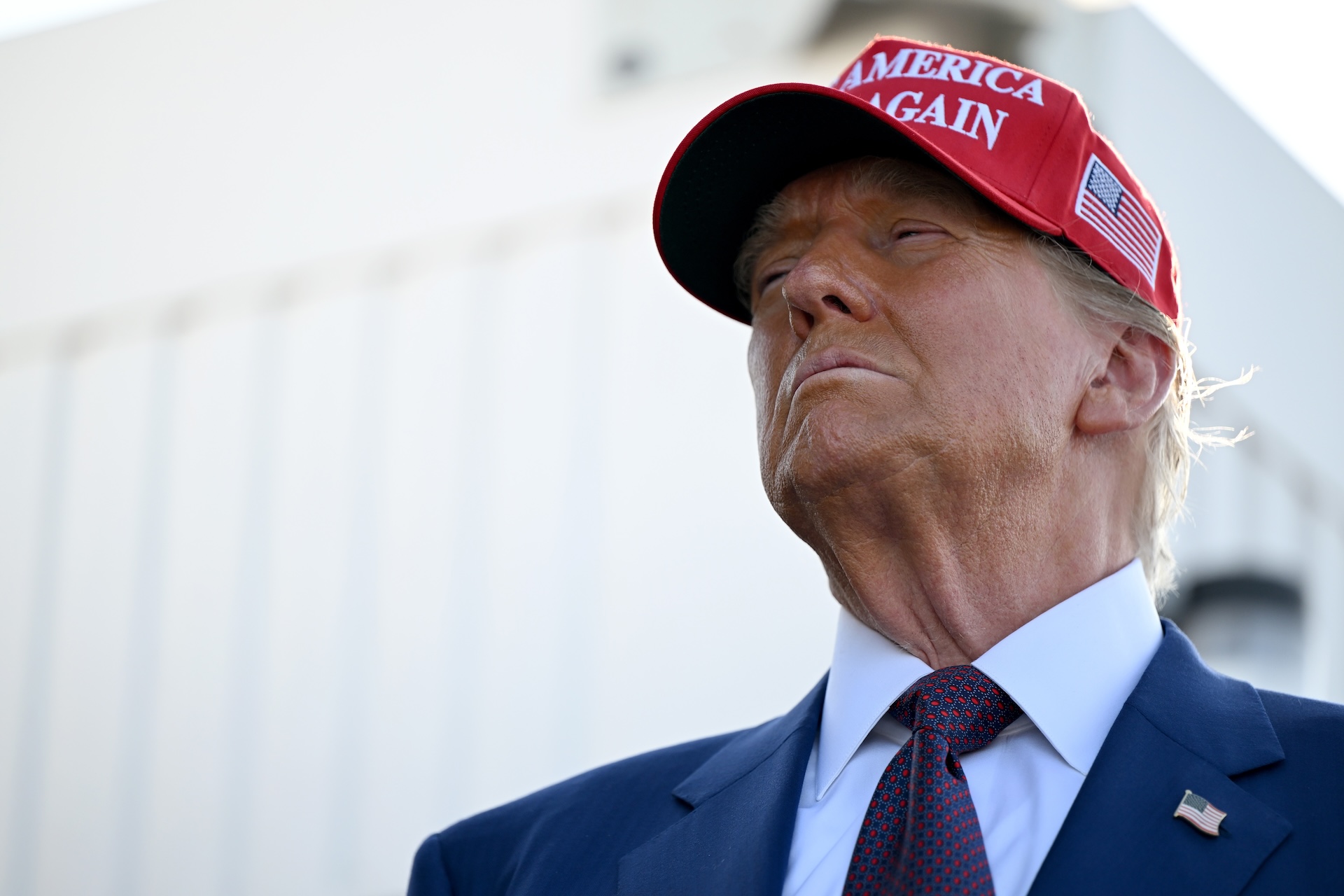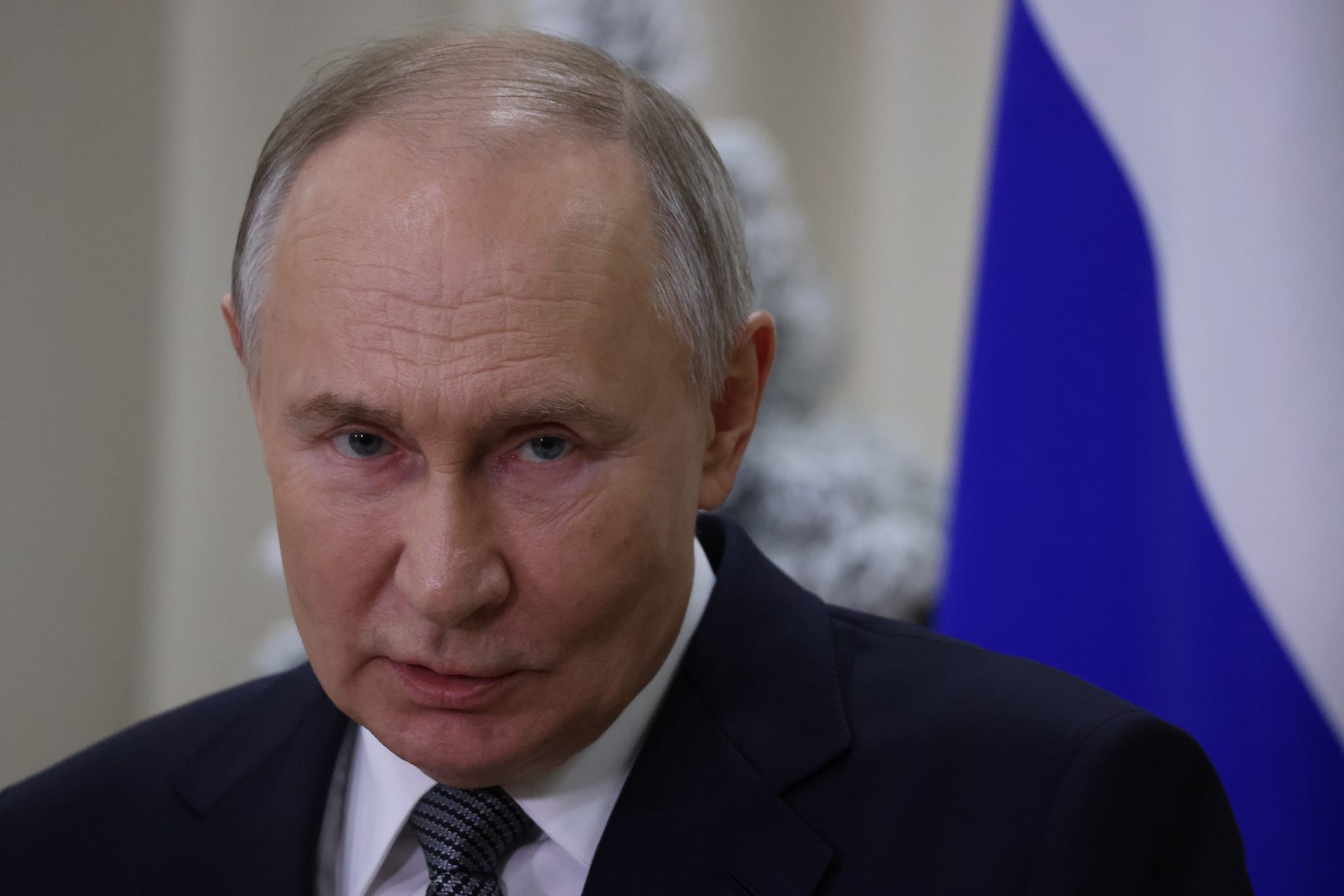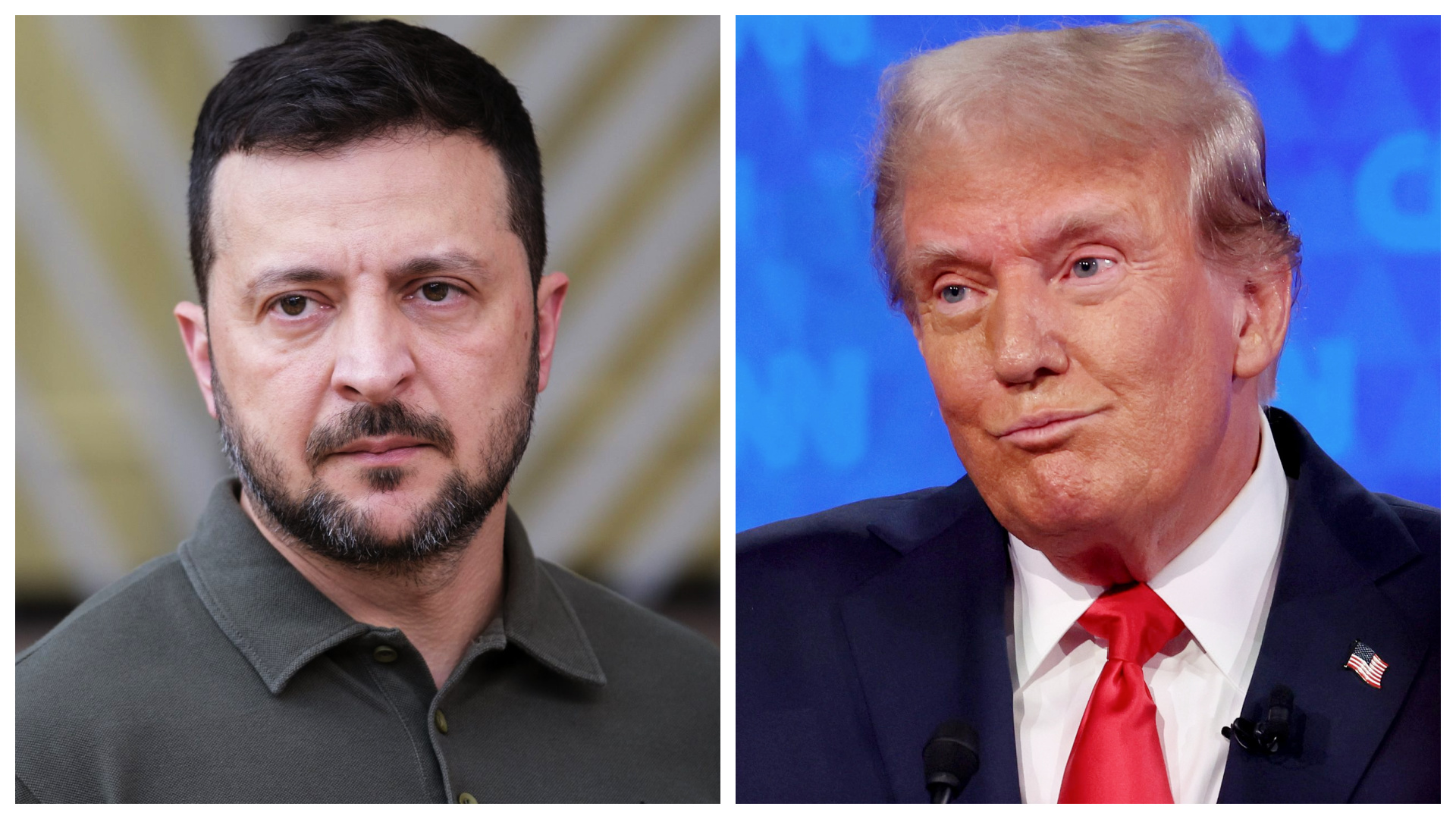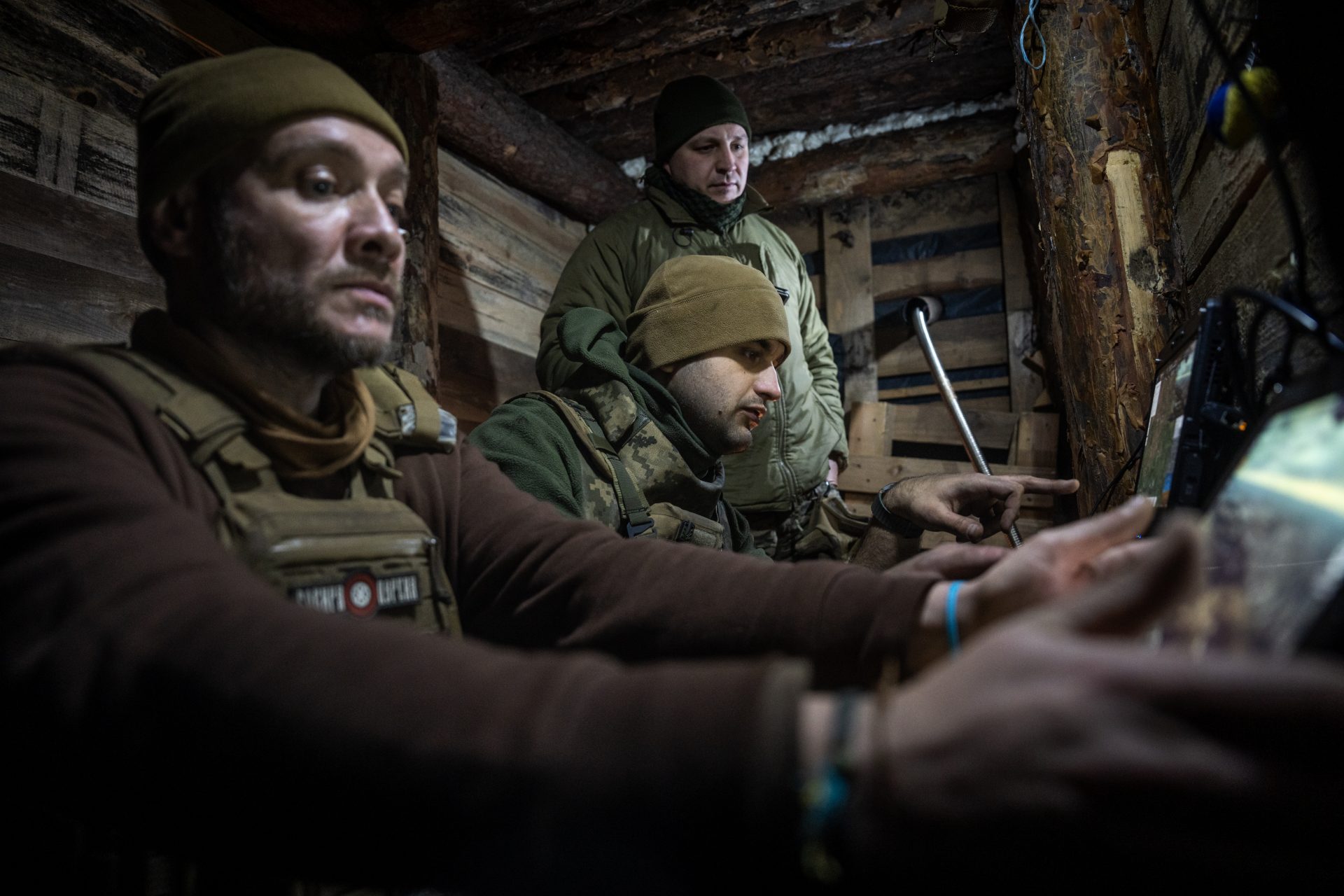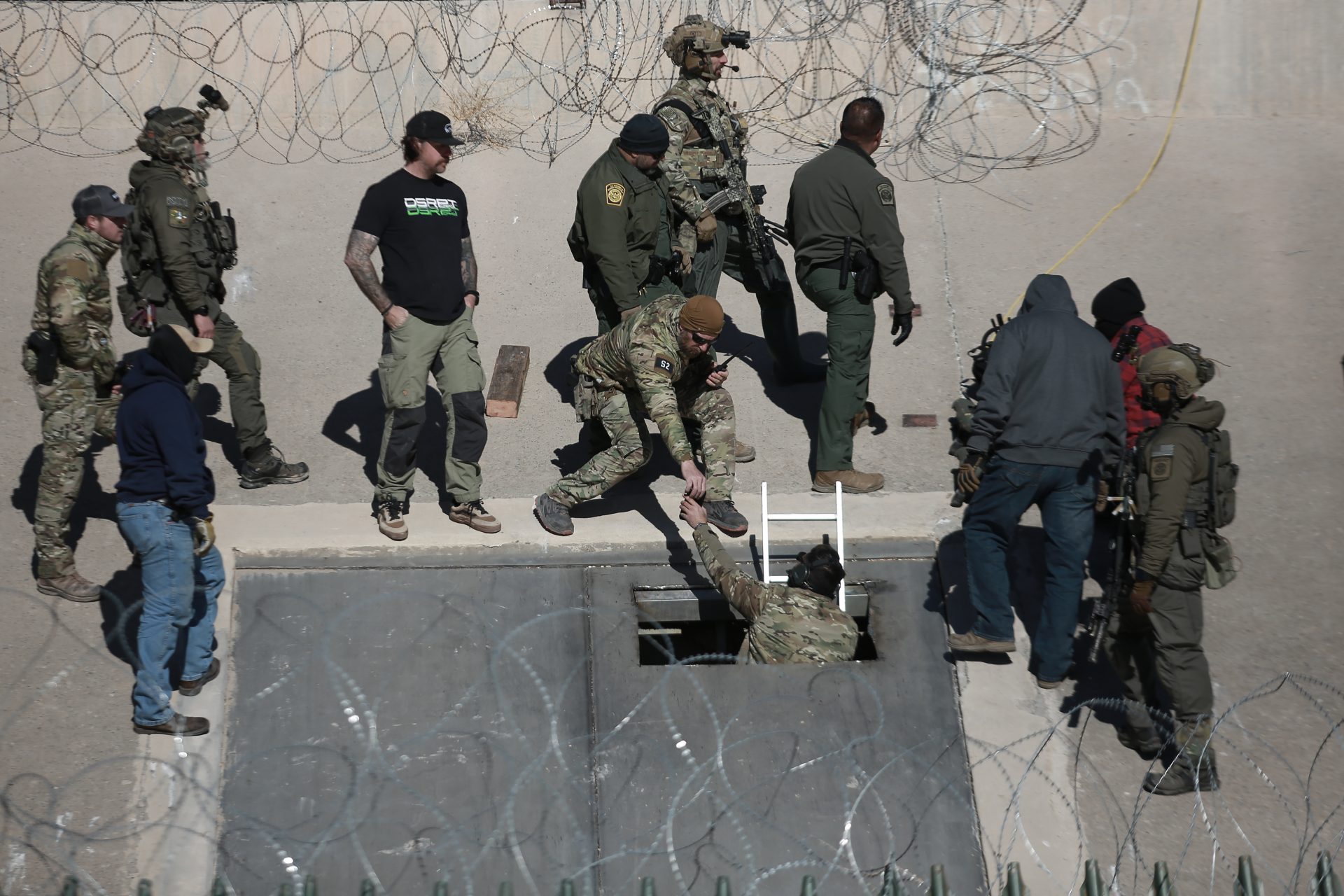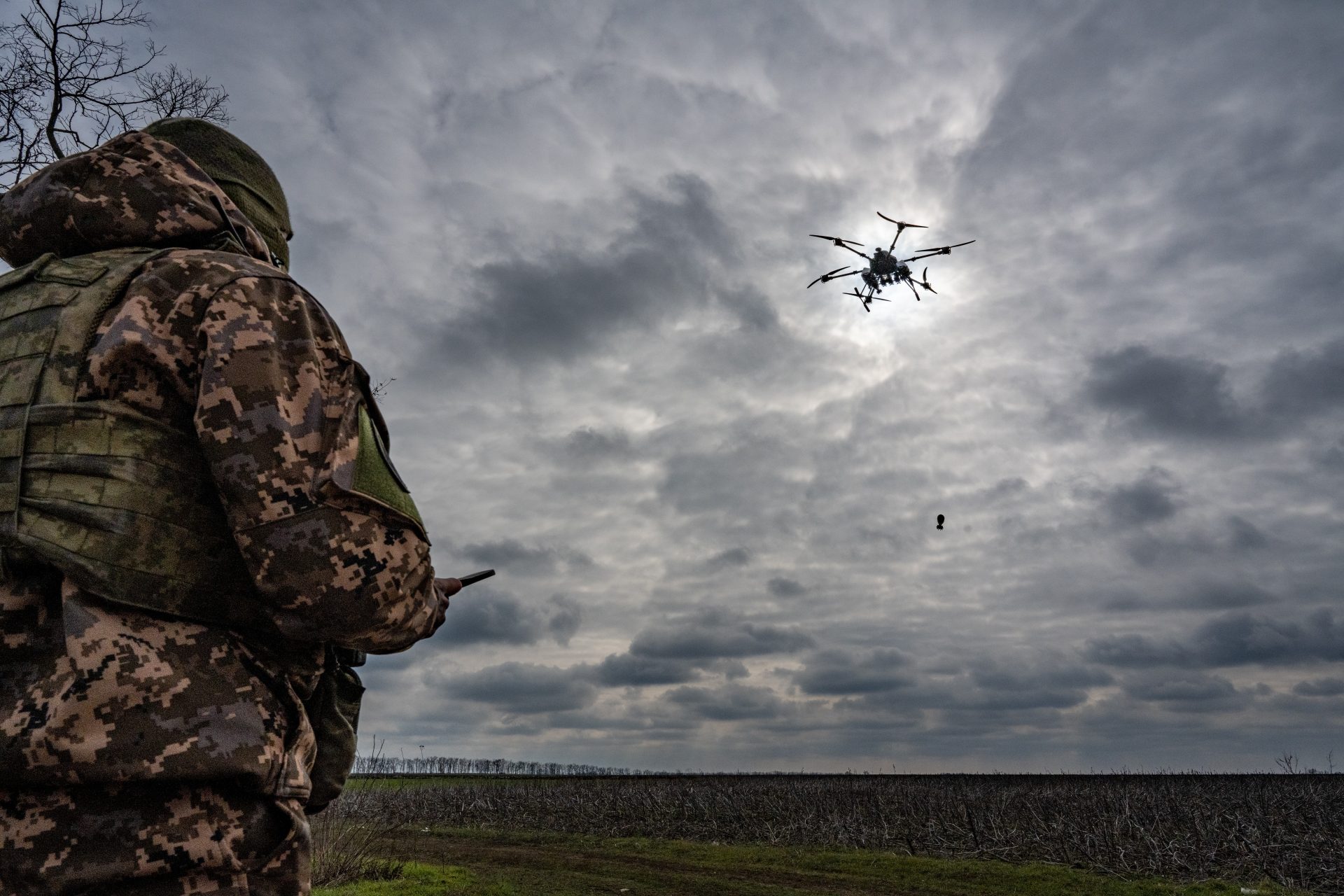North Korea allegedly halted shipping artillery shells to Russia
Whether it is because of a common enemy, totalitarian affinity or mere convenience, it's not secret that Russia and North Korea have grown closer in the past years. However, every relationship has to face a rough patch.
British newspaper The Telegraph writes that container ships suspected of sending ammunition from North Korea to Russia have not docked in North Korea since mid-February.
However, experts on North Korea that spoke with The Telegraph believe that this could simply mean that the shells might now be transported through railways instead of ships.
Image: acton_crawford / Unsplash
According to Al Jazeera, South Korean intelligence claims that Pyongyang has sent since September 6,700 containers with some 3 million artillery shells to Moscow to continue fighting in Ukraine.
North Korea would be supposedly exchanging the ammunition for food, raw materials, and material necessary to manufacturing weapons.
The Russian government, headed by Vladimir Putin, seems increasingly isolated as the war in Ukraine drags on. It's no surprise that the Kremlin would seek the partnership of North Korea, a longtime international outcast.
An exclusive report published by British newspaper The Guardian in January 2024 claims that Pyongyang could be supplying weapons to the Kremlin, likely to continue the fight in Ukraine.
The Guardian claims that an unpublished document from British military intelligence showed evidence of Russian ships loading containers from a North Korean port before sailing to Russia’s Far East in late 2023.
Image: vonshnauzer / Unsplash
Although the content of the cargo could not be identified, Al Jazeera reported the US announced that ballistic missiles from North Korea had been used in Ukraine as early as the first week of 2024.
The UK government has presented the British military intelligence document to a United Nations panel of experts as part of an official investigation into arms trade and violation of international sanctions.
According to CNN, the White House claims that the Russian military used North Korean short-range ballistic missiles against Ukrainian targets during a massive assault.
“This is a significant and concerning escalation in the North Korean support for Russia,” National Security Council Coordinator for Strategic Communications John Kirby stated during a White House briefing.
“We expect Russia and North Korea to learn from these launches,” declared Kirby, and highlighted by CNN, as a subtle warning to Moscow and Pyongyang.
Image: tabrez_syed / Unsplash
Al Jazeera pointed out that, while Moscow and Pyongyang have developed closer ties since the beginning of the war in Ukraine in February 2022, both countries deny engaging in arms trade.
Back in September, Russian President Vladimir Putin met with North Korean leader Kim Jong-un in Russia’s Far East. Since then, high-ranking officials from their respective governments have been going back and forth to Pyongyang and Moscow.
The New York Times claims that the presence of North Korean artillery in the battlefield could be a game changer in favor of Russia, worrying the United States and its European allies.
Ukraine, meanwhile, is facing a critical moment, with Kyiv troops described being forced to ration ammunition as the international financial aid continues to dwindle.
At the same time, The New York Times argues that the war in Ukraine is giving Pyongyang an opportunity to assess their state-of-the-art artillery in a real-life conflict. This could serve as a preparation to a future confrontation with South Korea.
This is not the first time the United States has claimed the existence of a North Korean-Russian arms trade, in violation of international sanctions, in the face of the war in Ukraine.
Back in 2022, the White House claimed that the Russian government had acquired millions of artillery shells from North Korea and was trying to pass them off as coming from North Africa or the Middle East.
If these accusations are true, it remains to be seen if this will escalate the Ukrainian conflict into a truly global scope.
More for you
Top Stories



